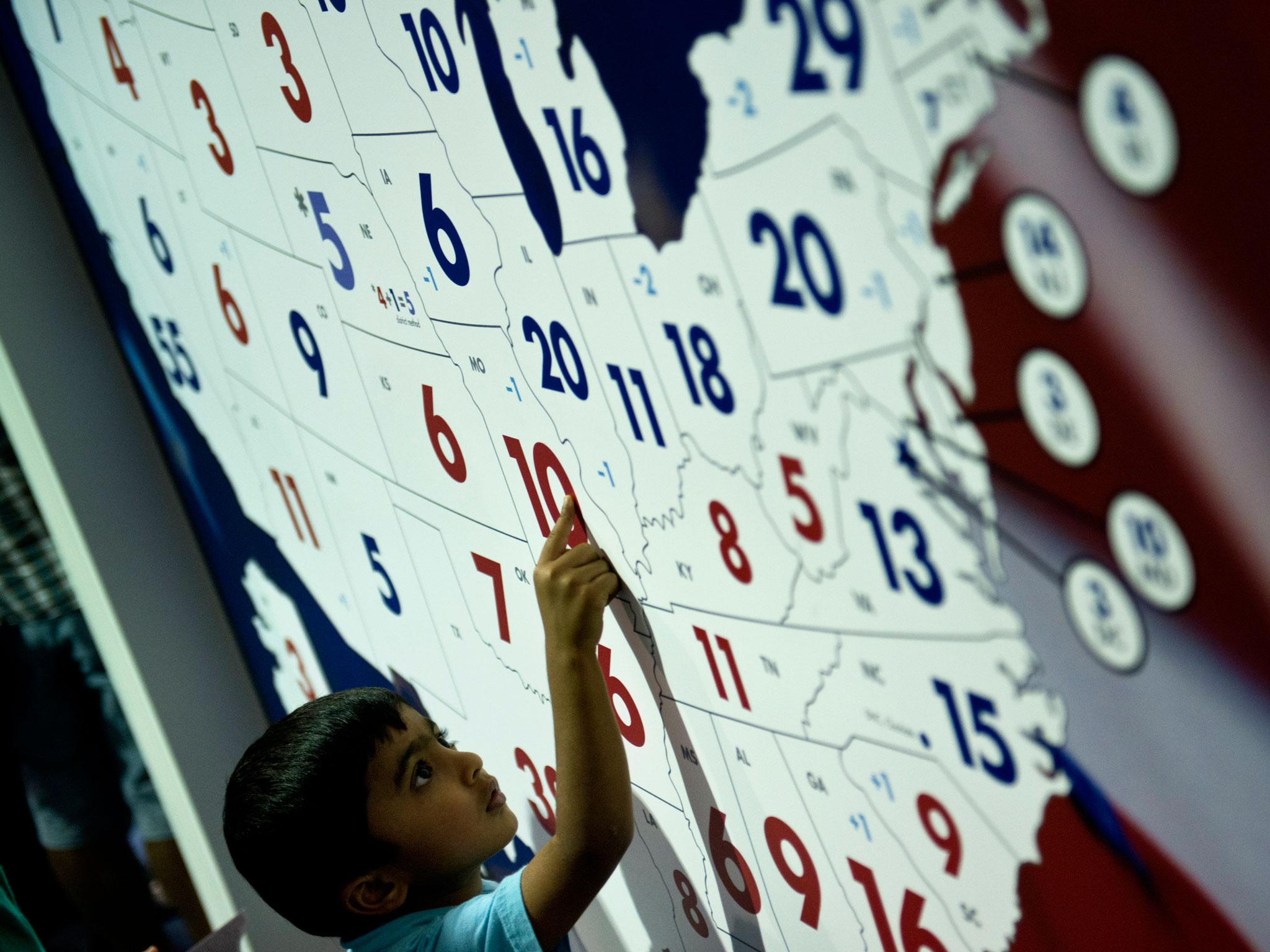Presidential election: What is the electoral college system and how does it work?
The popular vote alone will not necessarily decide the next US president

The Electoral College is the formal body that elects the President and Vice President of the United States. The Founding Fathers established it in the Constitution as a compromise of sorts between having the President be elected by Congress or by a popular vote of the people.
On Election Day, when US citizens cast their vote, they are actually voting for the electors chosen by the candidates’ parties. Most states have a “winner-take-all” system that awards all electors to the winning candidate. Maine and Nebraska employ a type of proportional system, but since they only account for 9 electoral votes in total, this has not influenced any election.
There are 538 electors that make up the Electoral College and a majority of 270 is needed in order to win the Presidency. The allotment of electors for each state is the number of members of its Congressional Delegation: two for each senators and one for each Representative in the House (for example, New York State has 29 electors as there are 27 Representatives and two Senators). The District of Columbia, which has no representation in Congress, is awarded three electors, the same number as the state with the least electoral votes.
The selection of Electors is actually a two-step process. First each candidates’ party selects its slate of electors for each state. These can be state elected officials or party leaders, and are usually selected for their loyalty to the party.
Electors cast their votes, one for President the other for Vice President, in December and those votes are then counted in Congress in early January. If an Elector votes for a candidate other than the one they are pledged to, they are known as “Faithless Electors”. In the the history of US elections there have been only a handful and have never decided an election.
There have been four elections where a candidate has won the Electoral College vote but lost the popular vote. The most recent was in 2000 when George W. Bush lost the popular vote to Al Gore but won the election thanks to the Electoral College (and the Supreme Court).
Throughout the years, particularly after very close elections or when a candidate wins the Presidency without winning the popular vote, there have been calls to change the Electoral College system and some states have proposed measures to switch to a proportional system, but none have been enacted.
Subscribe to Independent Premium to bookmark this article
Want to bookmark your favourite articles and stories to read or reference later? Start your Independent Premium subscription today.
